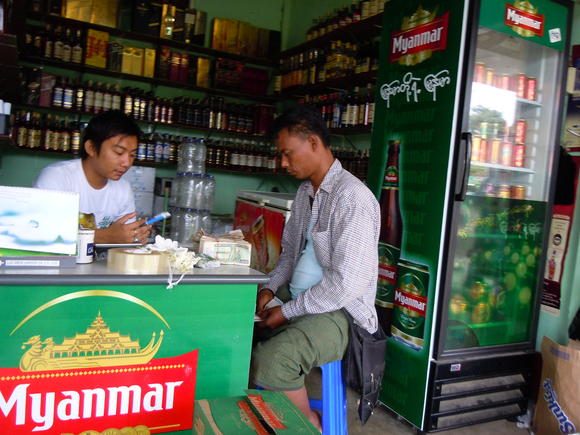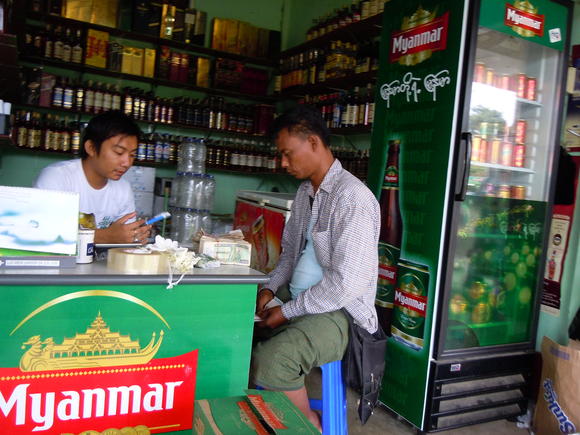Regular New Mandala readers know that over the past few years I have been spending a lot of time in Naypyitaw. It’s a place that I have now written about on a few occasions, including in pieces like this one and this one. I have also given talks on the topic here and there.
Today I have another essay on the city, this time published by Nikkei Asian Review. It begins by noting:
Too often, people visiting Myanmar get caught up in the stereotypes used to describe the city: a Potemkin dictatorial paradise with no hint of culture or life. Its scale and novelty tend to stump first-time visitors, unable to conceive that there is serious method in the apparent madness.
Even today many appraisals of Naypyitaw miss the fact that, against all odds, it is becoming an unexpectedly vibrant and varied place — a new urban model for Myanmar. The model draws its inspiration from a cluttered history in which royalist, anti-colonialist and socialist elements jockey alongside today’s crony-capitalist and federalist additions.
The architecture and infrastructure usually receive the most attention, but what is truly exciting about the new city is its people. The Naypyitawites of 2015 are a diverse group, but what they demonstrate is just how far Myanmar has already come.
The full article is available here.
 Facebook
Facebook  Twitter
Twitter  Soundcloud
Soundcloud  Youtube
Youtube  Rss
Rss 
